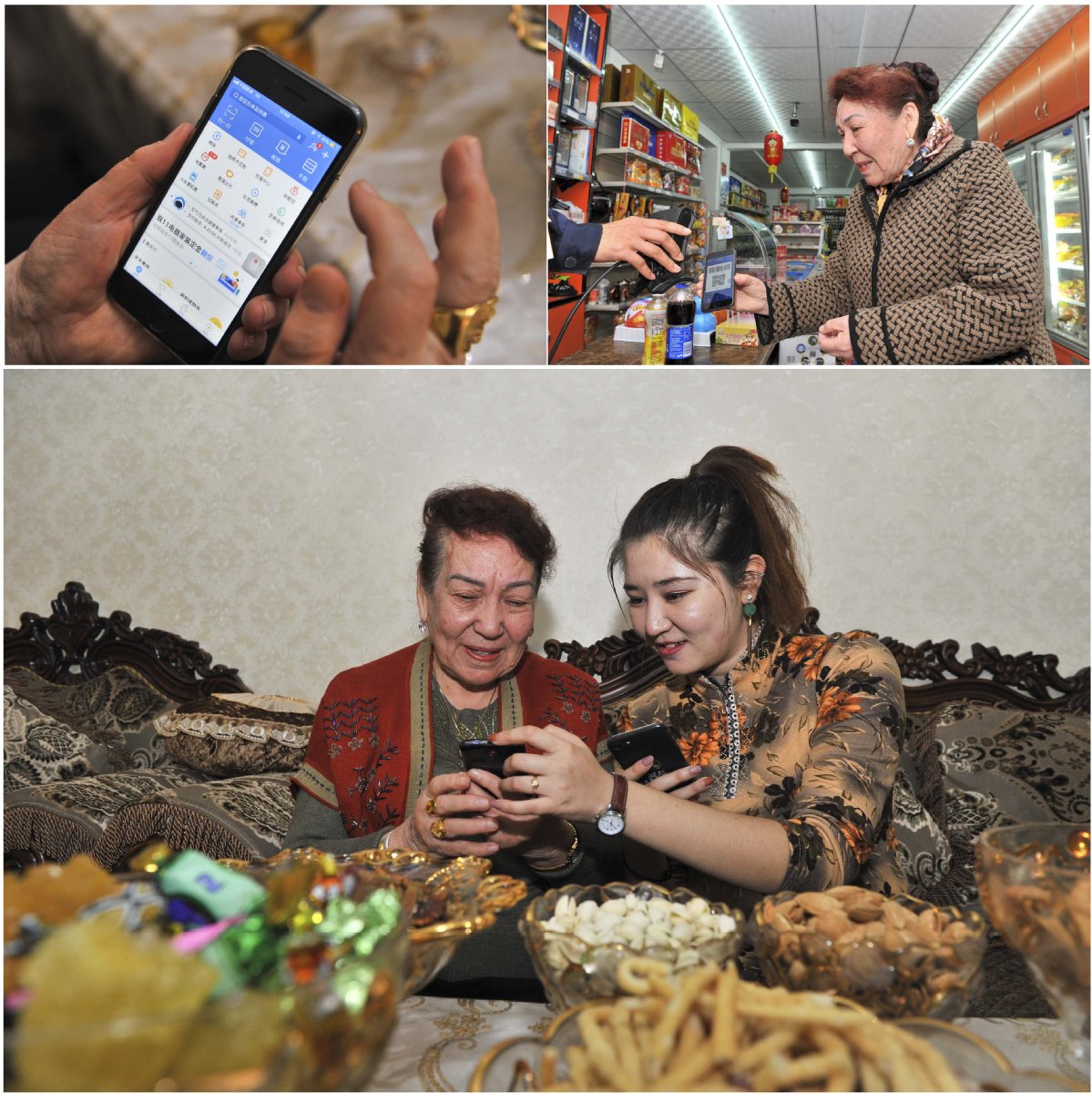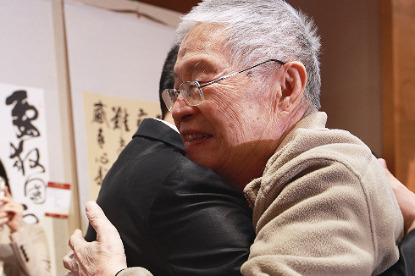Old and online:China's aging internet explorers


For the National Day holiday in October, she sent him an emoji containing a shiny character for the motherland, followed by two dancing characters saying "long life".
"Her emojis have always been direct and simple, but also filled with best wishes," Chen said.
Chen added that many elderly love the idea of sharing articles about health and traditional Chinese medicine as well as "chicken soup for the soul" with friends on WeChat.
For others, like 67-year-old retiree Yin Yuzhen, using internet tools helps make life much easier.
Yin and her husband live on the fourth floor of a building in Beijing that has no elevator.
"Shopping for heavy items like cooking oil and staple foodstuffs such as rice and flour used to be a big headache," she said. "Now we have delivery of such things to our doorstep, sparing us from that trouble."
When going out, Yin usually books a car service via an app on the smartphone her son gave her two years ago as a birthday gift.
"Nowadays, we cannot live without the internet and the mobile phone, particularly when our son is far away from us," she said.
However, every coin has two sides. As many elderly become more interested in the internet, some of their children have expressed concern.
"My father is addicted to surfing the internet these days," Jiang's daughter said. "His eyesight is not every good, and I worry that replying to messages on the singing platform will be bad for his health."
Liu Jun, an office clerk in Wuhan, Hubei province, also expressed concern about the health effects of her 68-year-old father's "internet addiction".
She said he stays online for an average of four hours a day, and that meant "he doesn't go out and engage in physical exercise as before, which might not be good for his health".
Zhao Jie, a business professor at Anhui University who has conducted research on the use of micro blogs, said the need for emotional communication and socializing prompted many elderly to explore the internet.
"Their children should spend more time with them, and encourage them to go out rather than staying at home," Zhao said. "Their lives will become more abundant with more companionship, and they will rely less on the internet."
- With eyes toward shared development, Mayor's forum kicks off in Zhengzhou
- Baoting positions itself as model for COP30 climate action
- Xiong'an bonded store offers affordable global shopping
- Over 1,600 delegates attend regenerative medicine conference in Wuhan
- Beijing steps up winter heating preparations
- 2025 Xinjiang Tacheng Baktu Forum opens, strengthening regional cooperation





































